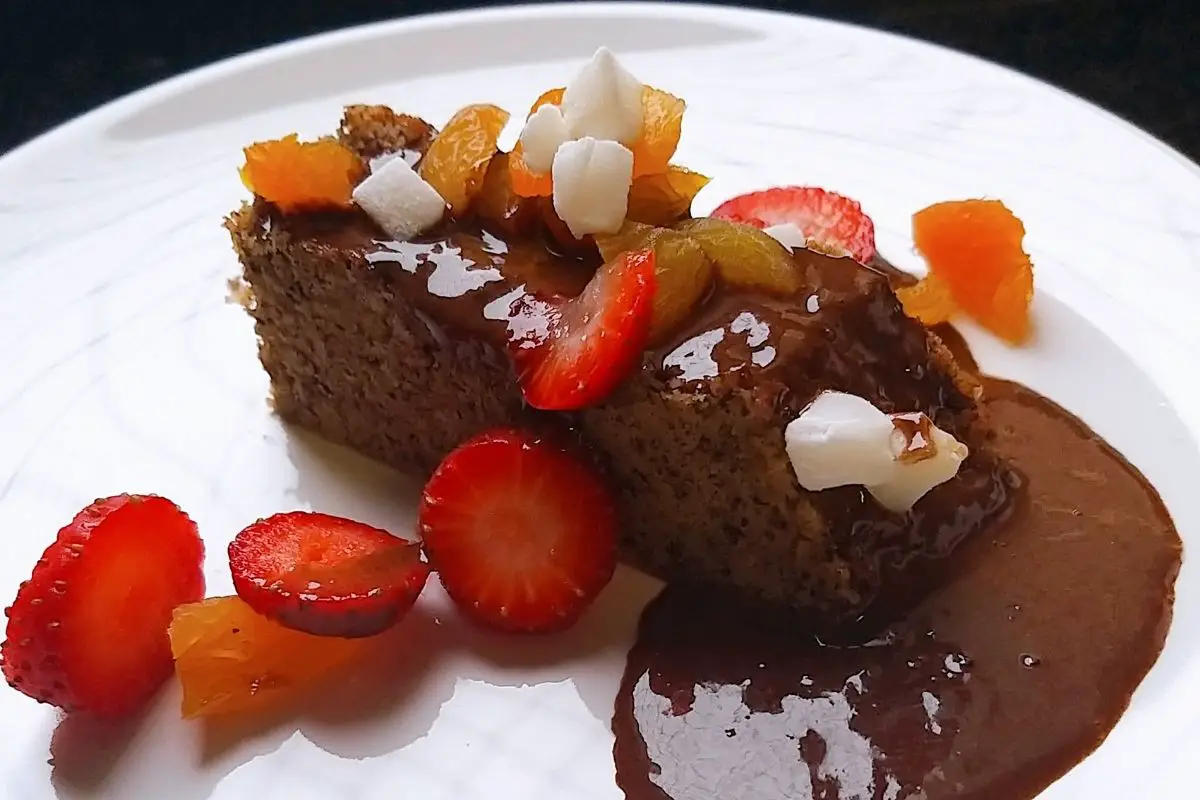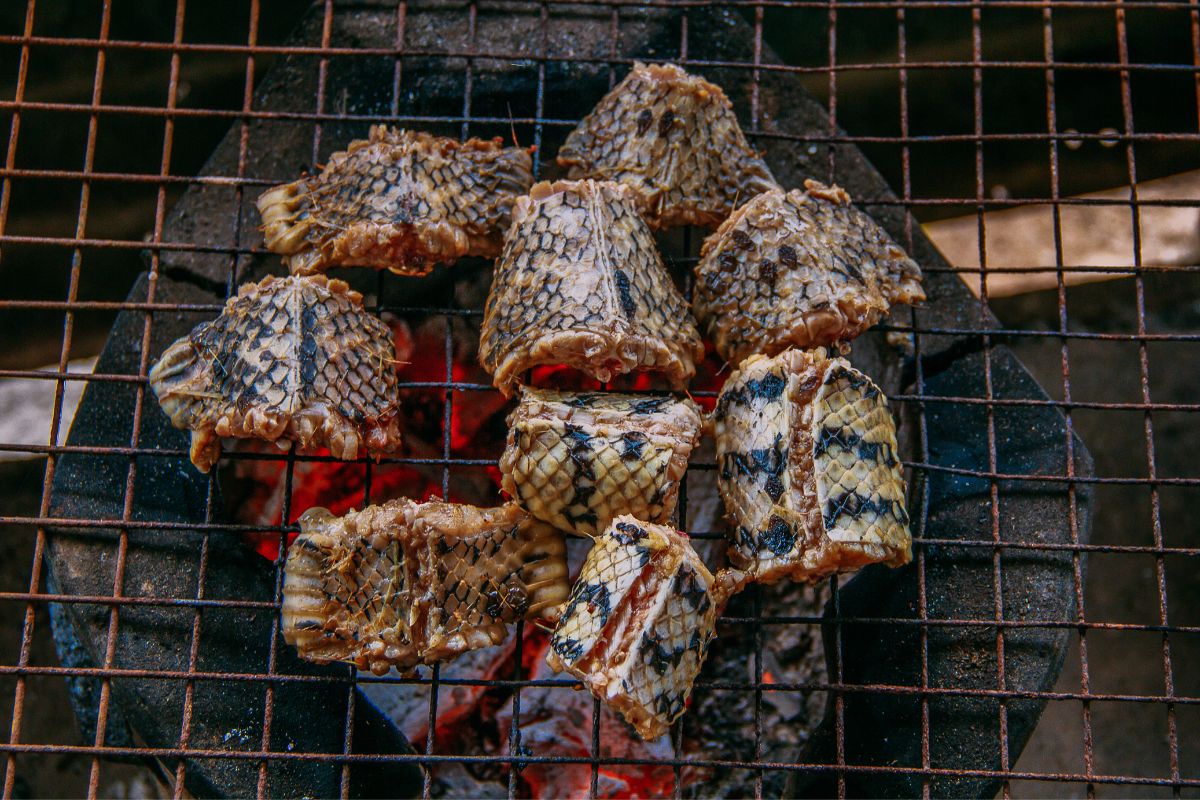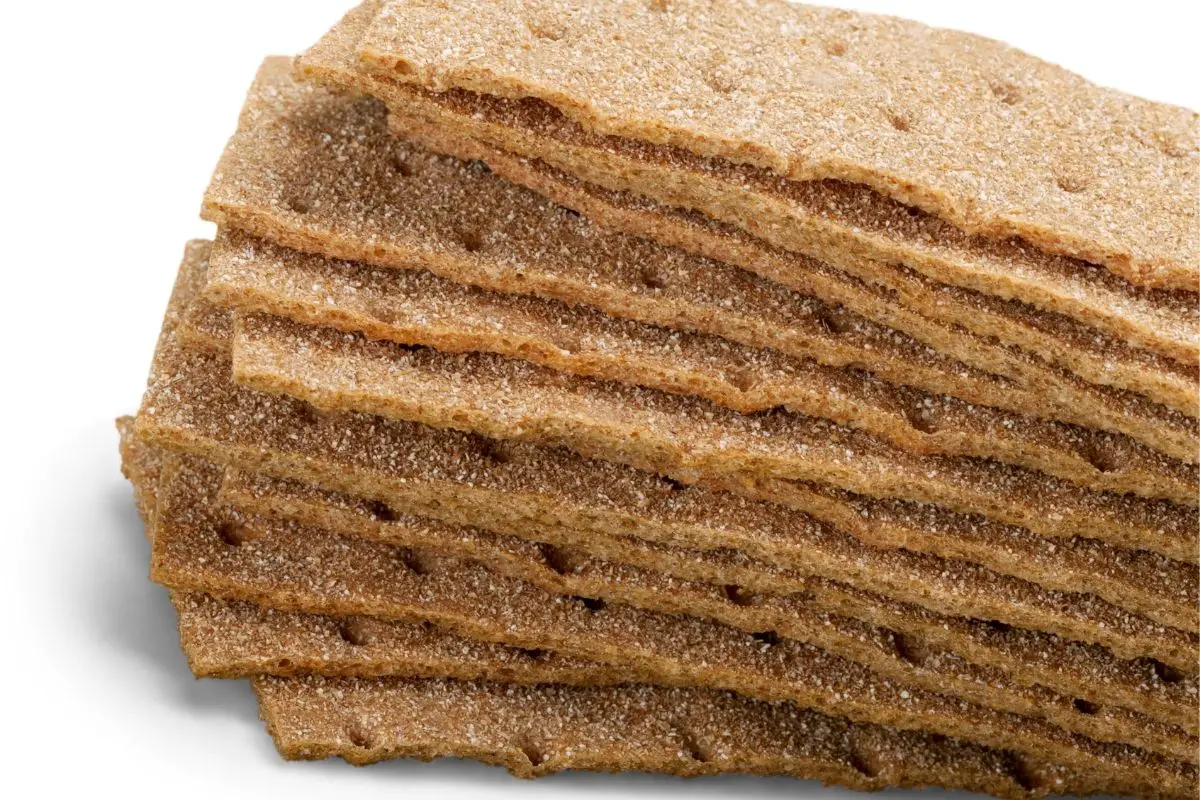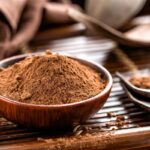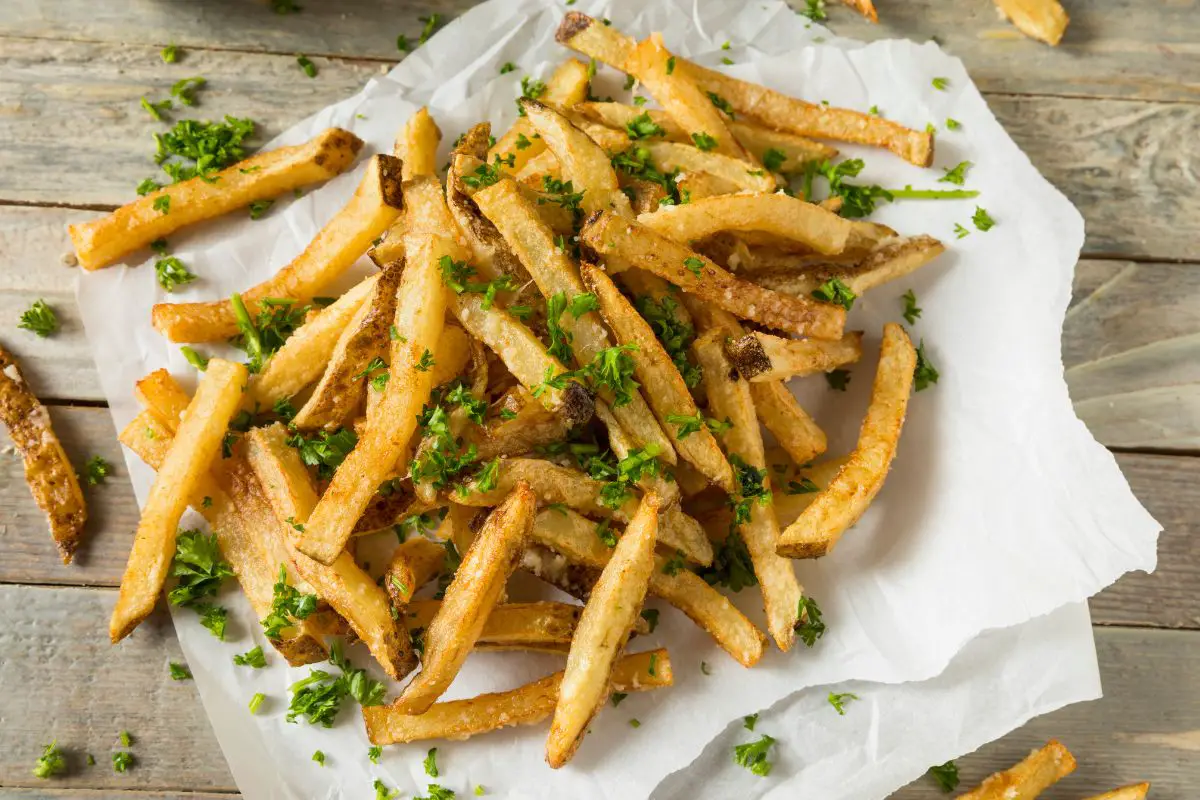The concept of eating bees might be an unusual one – especially to people in the western hemisphere – but all around the world there are cultures and traditions focused around the consumption of insects and critters of all kinds, where they often act as an important and vital source of protein.
What’s more, they are also known to be a source of nutrition, and are pretty healthy – at least when compared to our modern diet of fast and processed food.
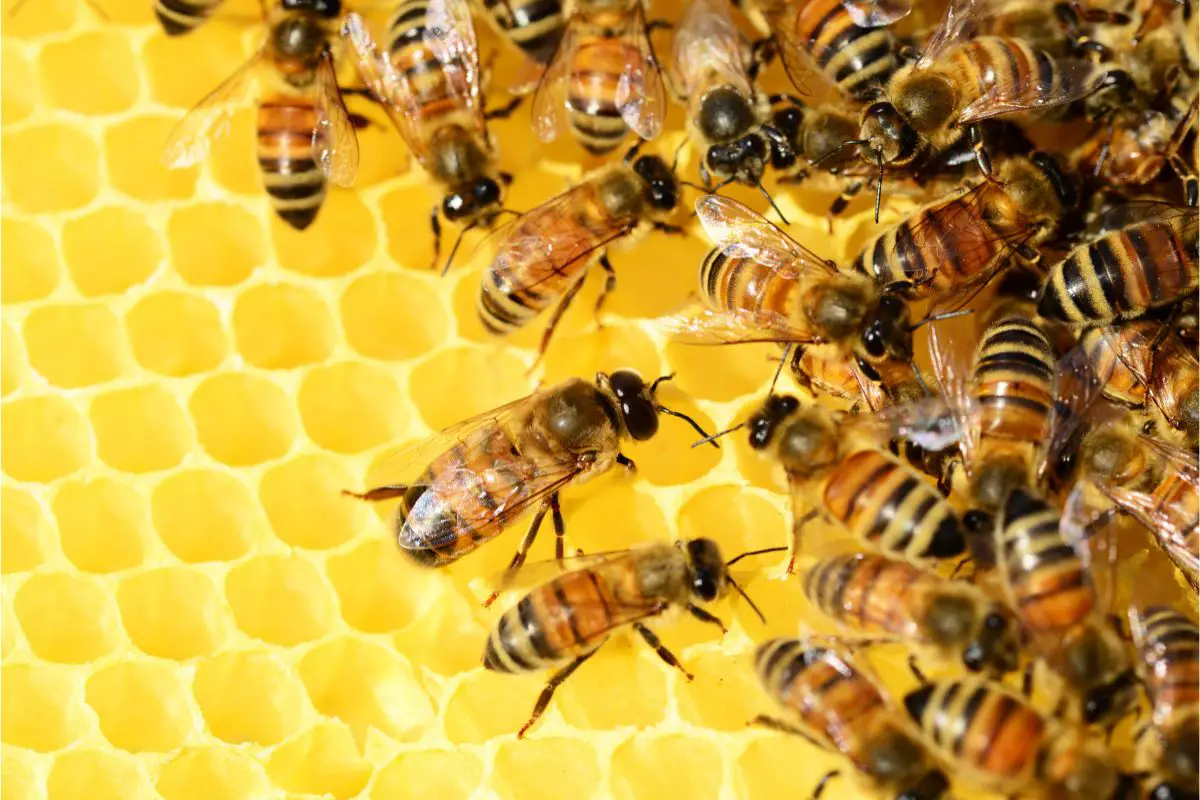
But can you actually eat bees, and if so, where does this take place?
Can You Eat Bees?
While an unusual concept, there are many places around the world where bees are indeed consumed on a semi-regular basis, and are important sources of protein and nutrients.
Commonly consumed on several continents – and in numerous countries – bees are usually eaten whilst in their larval forms, when the risk of being stung is non-existent, their bodies are softer and more palatable, and they are not yet undertaking other vital processes like pollination and honey production.
Why Would People Eat Bees?
In the western world, it seems odd for people to eat certain things, and at times we can be a little closed minded when it comes to imagining other ways of living and surviving.
While we commonly eat cows, pigs, and chickens, consuming other forms of protein seems almost unimaginable to us – and in many ways this is reinforced by our upbringings, our relatively opulent existence throughout the 20th century, and reinforcements through mainstream media and the government.
In the modern western world, the bee has been turned into something of a cute cartoon character, and is used in marketing to represent the springtime and the freshness of a New Year.
However, in other parts of the world, they have a much more practical way of looking at life and death, not to mention the food that helps to sustain them and keep them going.
What Do Bees Taste Like?
So, if we can come to imagine a world where bees are readily consumed in their larval form, the next question must surely be: what do they actually taste like?
In their larval form, bees are supposed to taste nutty or smoky in taste – something that differs once bees reach maturity, with older bees apparently tasting more bitter and harsh in taste.
Many of those who consume bees eat them with various toppings and sauces, such as honey, to improve the taste and hide the bitterness.
Are There Any Risks?
While bees are commonly consumed around the world, and can indeed be good sources of nutrition, there are certain risks associated with their consumption.
Apitoxin
While we associate bees with their stingers, it is not actually the thorn-like appendage that causes us so much pain – in fact, the actual source of bee stings, and the associated allergic reactions that can be caused, are a result of a kind of bee venom called apitoxin.
If adult bees are consumed, then the apitoxin inside their bodies can cause throat irritation, swelling, as well as potential closing of the throat.
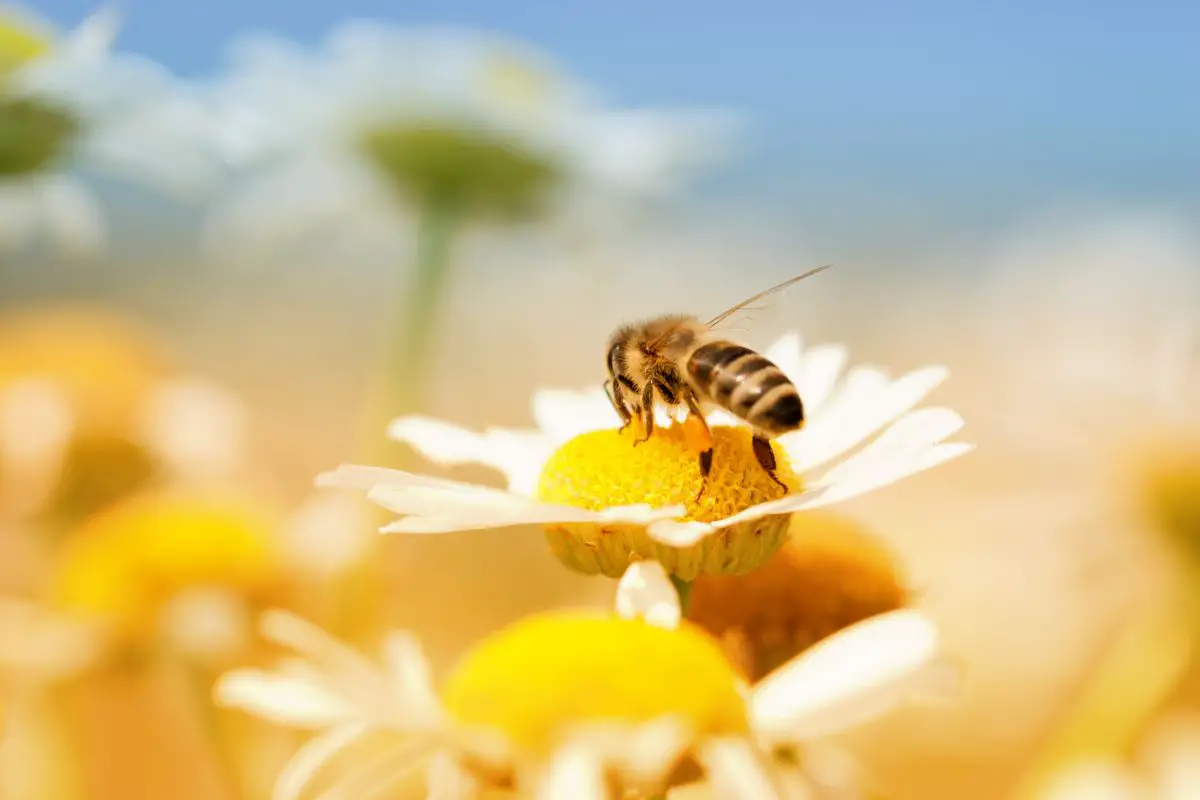
Pesticides
Of course, bees serve an important role in the health and wellbeing of our planet, and this usually revolves around the pollination of plants and flowers.
However, something that often comes with plants and flowers – at least in the modern industry – is pesticides, and these can be very dangerous when consumed in large quantities.
This is why it is not advised to touch or interact with dead bees in any way – especially not eating them – as they might have died as a result of pesticide poisoning, which could have undue side effects to humans too.
Is Eating Bees Illegal?
Despite being unusual and widely unfathomable, killing and eating bees is not actually illegal in the United States. However, there are specific regulations when it comes to using pesticides and other harmful methods that could be used to kill bees en masse.
Is Killing Bees Wrong?
Of course, concepts like ‘right’ and ‘wrong’ are entirely dependent on the context of the situation.
Case and point, a starving person on a desert island will resort to eating anything they can get their hands on to survive – and in this scenario, notions of right and wrong become muddied and complex.
However, in western society, the importance of bees is widely known and respected, which is why people take such a dim view of those who eat or kill them on a regular basis.
But of course, this same, specific moral view is not observed everywhere in the world, and as with anything, differences in culture and practice are widely present.
What Purpose Do Bees Serve?
When we discuss the actual purpose of bees, we cannot stress enough how important they are to the wider function and ongoing life of the planet and the creatures that inhabit it.
While the pollination of plants might seem miniscule, these plants are the crops we consume, and the trees are the source of the air that we breathe.
Without plants and trees, we simply cannot continue to survive – which ultimately means that, if the bees die out, then so do we.
This is why there are so many charities and wildlife organizations who are fighting for their worldwide protection, and why we have witnessed so many changes within the pesticide and farming industries.
Final Thoughts
And there we have it, everything you need to know about bees, and whether or not it is safe to eat them.
While an unconventional, and widely controversial concept, there are cultures all around the world that consume all manner of insects – and in many cases they act as primary and essential sources of protein.
As such, bees are a popular delicacy in many parts of the world, and have numerous uses that run alongside their work within nature.
Is It Safe To Eat Bees?
Course: Taste Like4
servings30
minutes40
minutes300
kcalIngredients
Bees
Directions
- Depending on the ingredients used, the cooking method, and the type of dish, the taste of the food can vary greatly.
- Make sure to select a recipe that will elevate the food’s original flavor, and enjoy experimenting with different recipes!
Recipe Video
https://www.youtube.com/watch?v=hvQUCF3XPJcVideo can’t be loaded because JavaScript is disabled: What Happens When You Eat A Bee (https://www.youtube.com/watch?v=hvQUCF3XPJc)- What Exactly Do Chickpeas Taste Like? Is There A Distinct Flavor? - September 30, 2023
- Top 11 Low Carb Options at Sonic Drive-In for Keto Diet - September 30, 2023
- What Should You Serve Alongside Potato Salad? 8 Incredible Side Dishes - September 30, 2023



